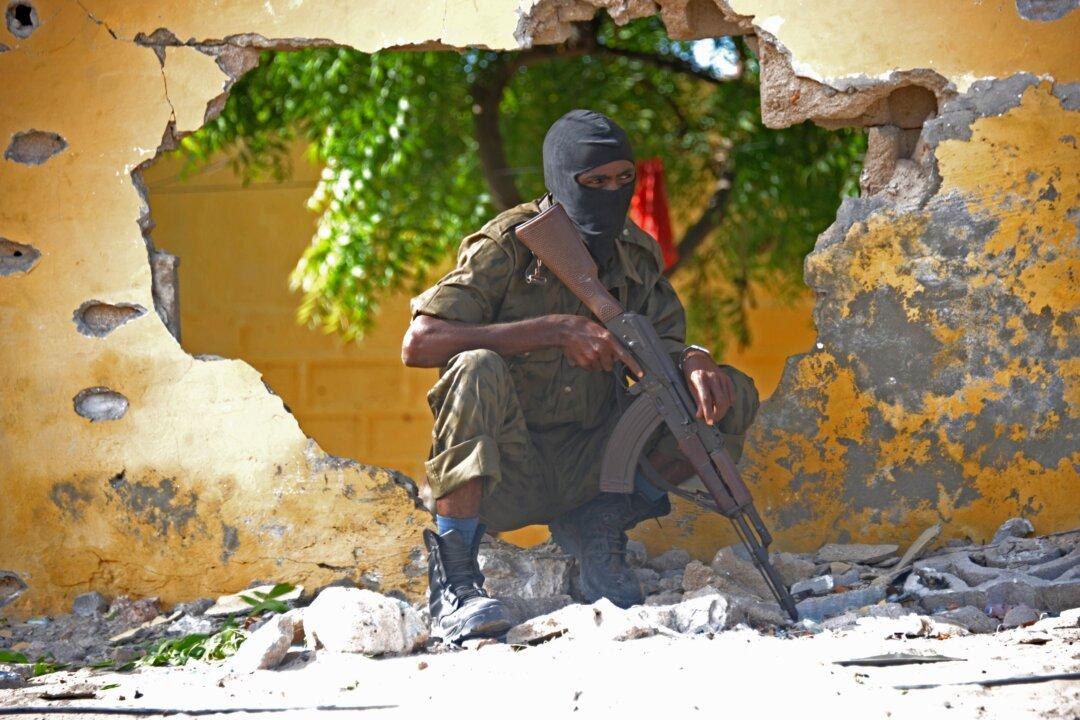President Joe Biden approved a plan to send U.S. troops to Somalia in a bid to counter the terrorist group al-Shabab, several administration officials have said.
Several White House officials confirmed the development at a May 16 briefing, saying Biden approved a request from Secretary of Defense Lloyd Austin to reestablish a new U.S. presence in the war-torn east African country to deal with al-Shabab, an al-Qaeda-aligned terrorist group that’s said to have thousands of members.





